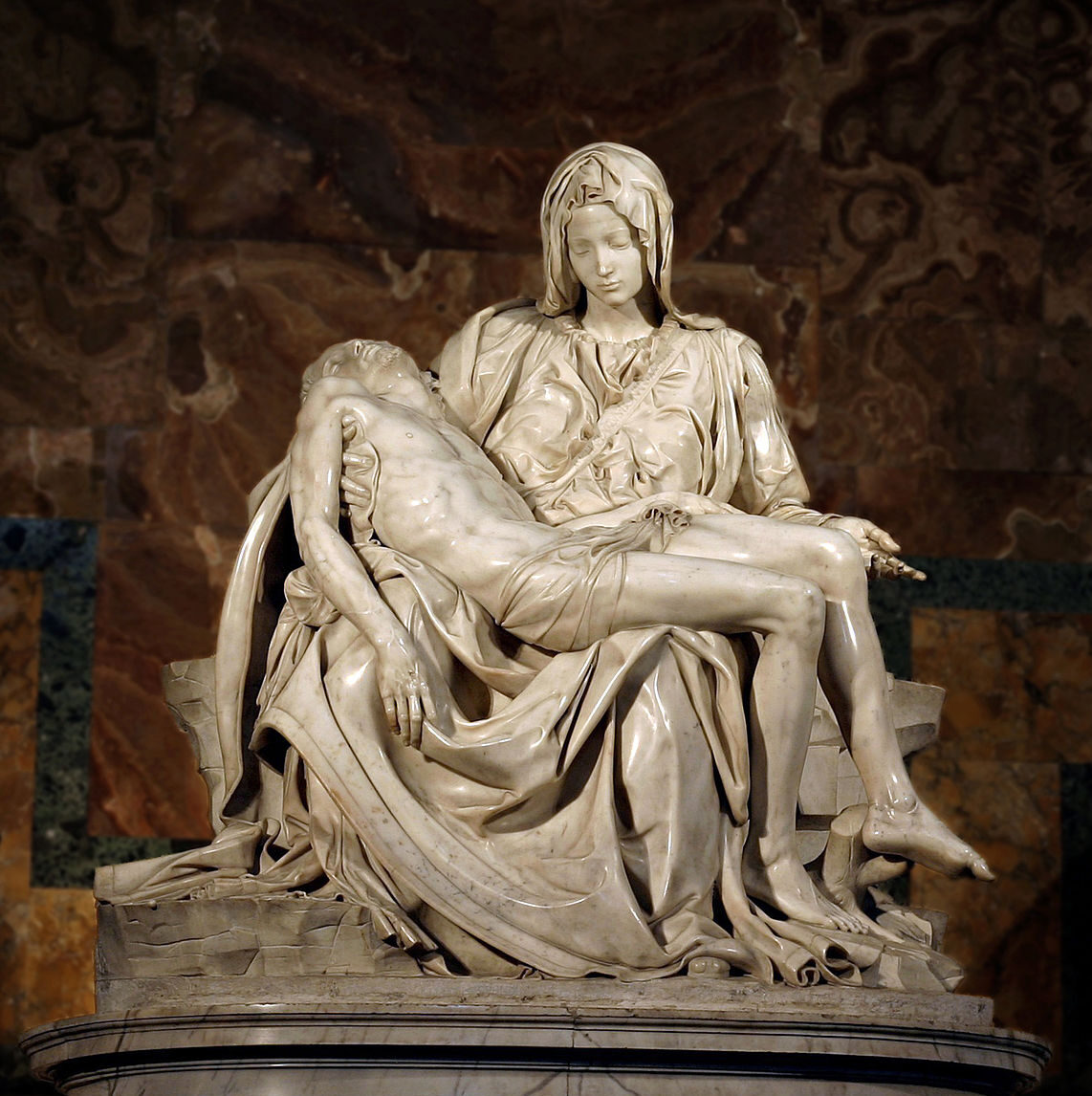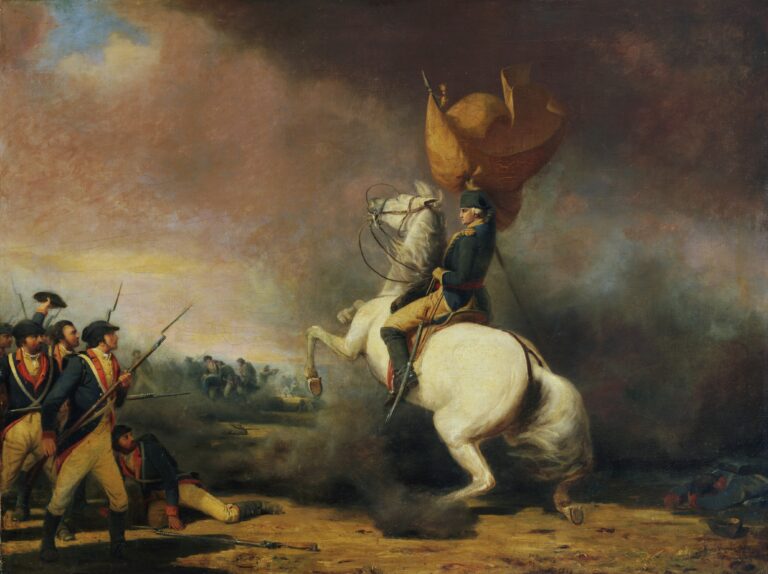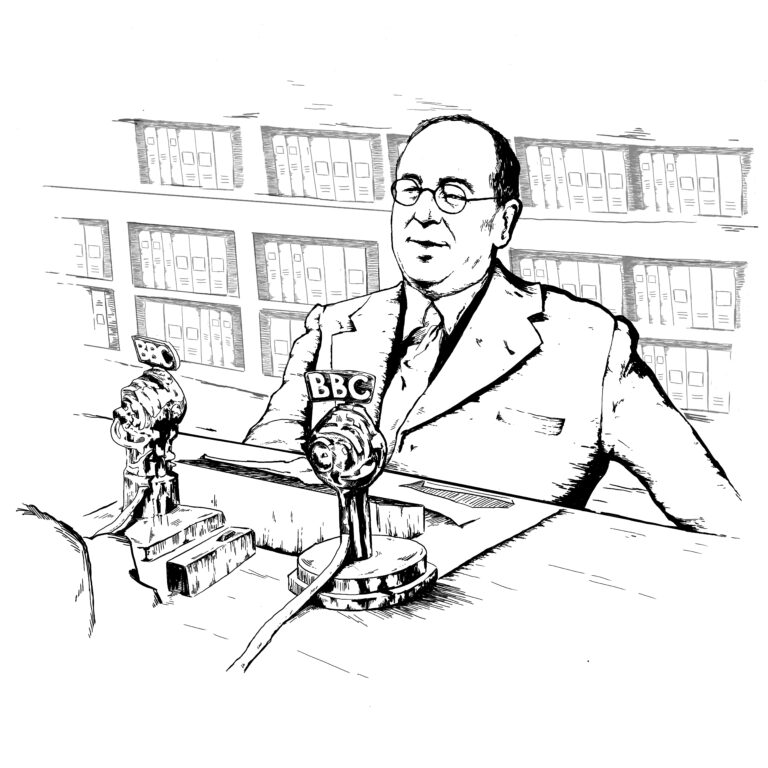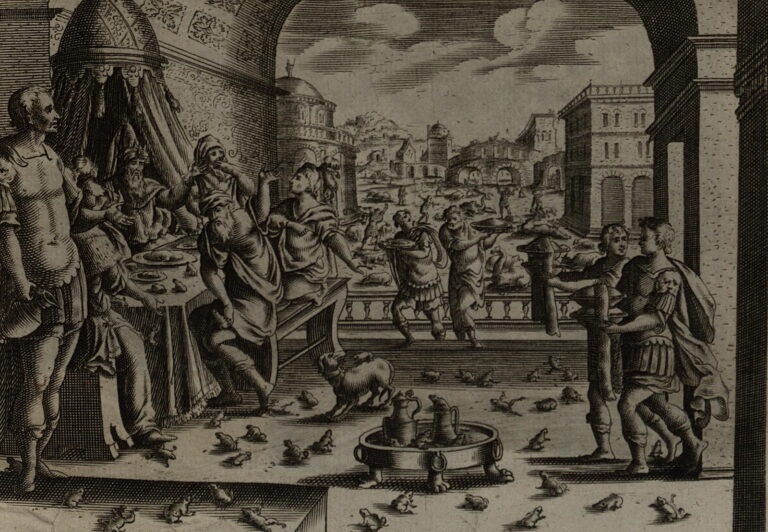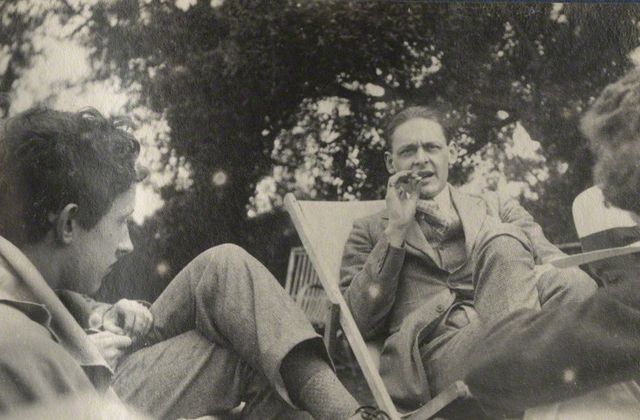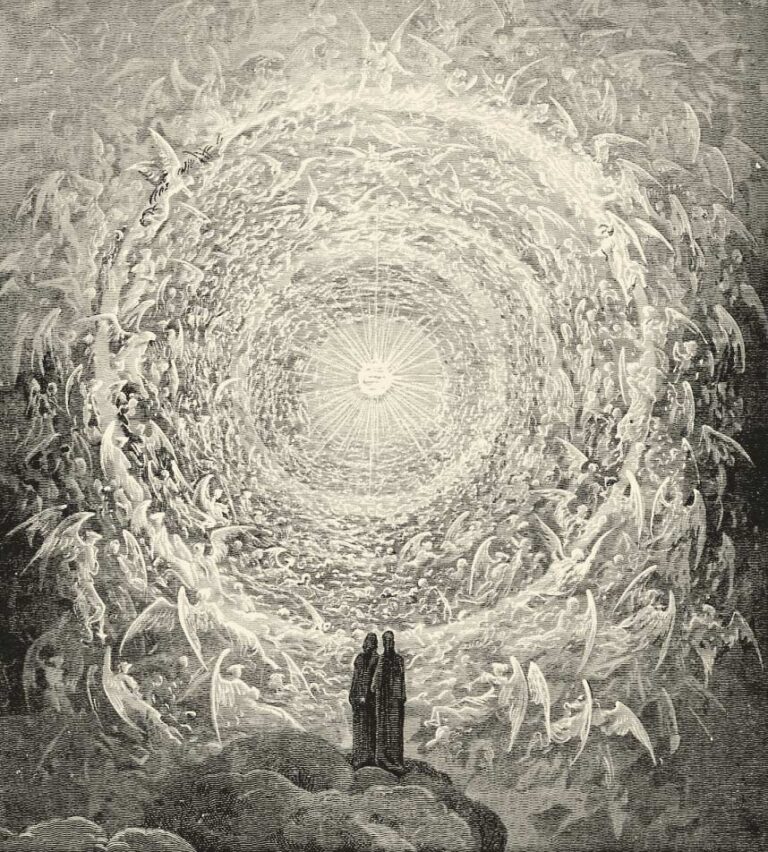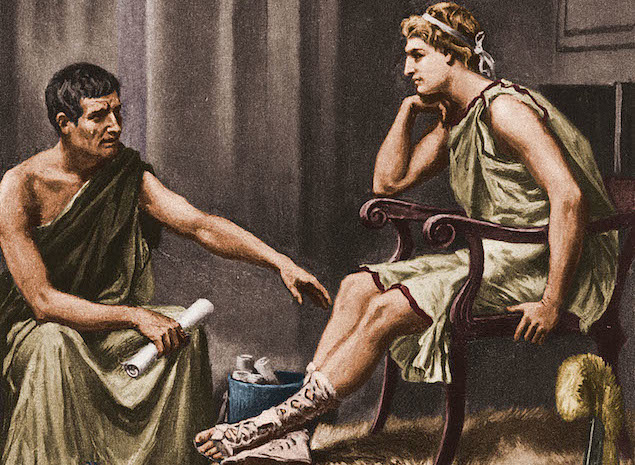The Abolition of Man
C.S. Lewis wrote a short book called The Abolition of Man, comprised of only three chapters. In it, Lewis articulates what it would mean for man to abolish the part of himself which separates him from the beasts.
Lewis begins by showing us that we need to pay closer attention to our children’s curriculum. The authors—Lewis calls them Gaius and Titius—of a certain book on English composition teach kids that man’s observations of the world have no basis in reality. Man’s observations are simply reflections of his inner thoughts and feelings, nothing more. Lewis extends that line of argument to show that, if Gaius and Titius are correct, then not only would objective beauty be eradicated from the world, but objective morality would too.
In two previous blog posts, I explained Lewis’ argument in chapter one and chapter two of The Abolition of Man, as explained by Dr. Arnn in “An Introduction to C.S. Lewis: Writings and Significance.” In this post, I will explain Lewis’ argument in chapter three, as explained by Dr. Arnn from that same course.
The Third Chapter
Lewis uses the following quote from John Bunyan’s The Pilgrim’s Progress to illustrate the main point of the third chapter:
It came burning hot into my mind, whatever he said and however he flattered, when he got me to his house, he would sell me for a slave.
Lewis begins by explaining that “Man’s Conquest of Nature,” made possible by modern science, means “in reality, a power possessed by some men which they may, or may not, allow other men to profit by. . . . Man is as much the . . . subject as the possessor, since he is the target both for bombs and propaganda.” Thus, some men are masters whiles others are slaves.
Lewis uses contraceptives to drive the point home further. He notes that contraceptives turn “all possible future generations” into the “subjects of a power wielded by those already alive.” The use of contraceptives denies existence to possible future generations. Future generations are therefore “made to be what one generation, for its own reasons, may choose to prefer.”
Lewis therefore concludes that “what we call Man’s power over Nature turns out to be a power exercised by some men over other men with Nature as its instrument.”
Lewis clarifies that he is not calling for man to use his power over nature better. He is not calling for an “increase of moral virtue.” He is showing what “Man’s power over Nature must always and essentially be[:] . . . the power of some men over other men.”
That eternally true observation about the world is related to Lewis’ argument from chapter one, that as soon as reality loses objectivity, as Gaius and Titius would have it, there is nothing to stop some men from exercising complete control over other men.
That leads to the unleashing of the human appetites and desires. Lewis argues that with the combination of modern science and the ongoing effort by new “philosophies” to abolish what makes us human, we are creating Hell on earth.
What Makes Us Human?
What makes us human is our conscience. If we abolish that then we become beasts. If Gaius and Titius are right, then the cruelty of the tyrant is not objectively cruel. Our consciences must correspond to reality.
As Dr. Arnn explains,
If you insist that when you look out in the universe outside yourself, and you see something beautiful or something worthy, and you insist on seeing through it, always looking on towards something else, never trying to see it for its own sake, never beholding nature and its hierarchy and structure. If you insist on doing that, [then] in the end, you will live in a world where you’ve seen through everything, and everything is invisible. . . . We should [therefore] continue to live and be what we are:
men with consciences, men with chests.

